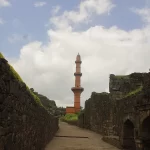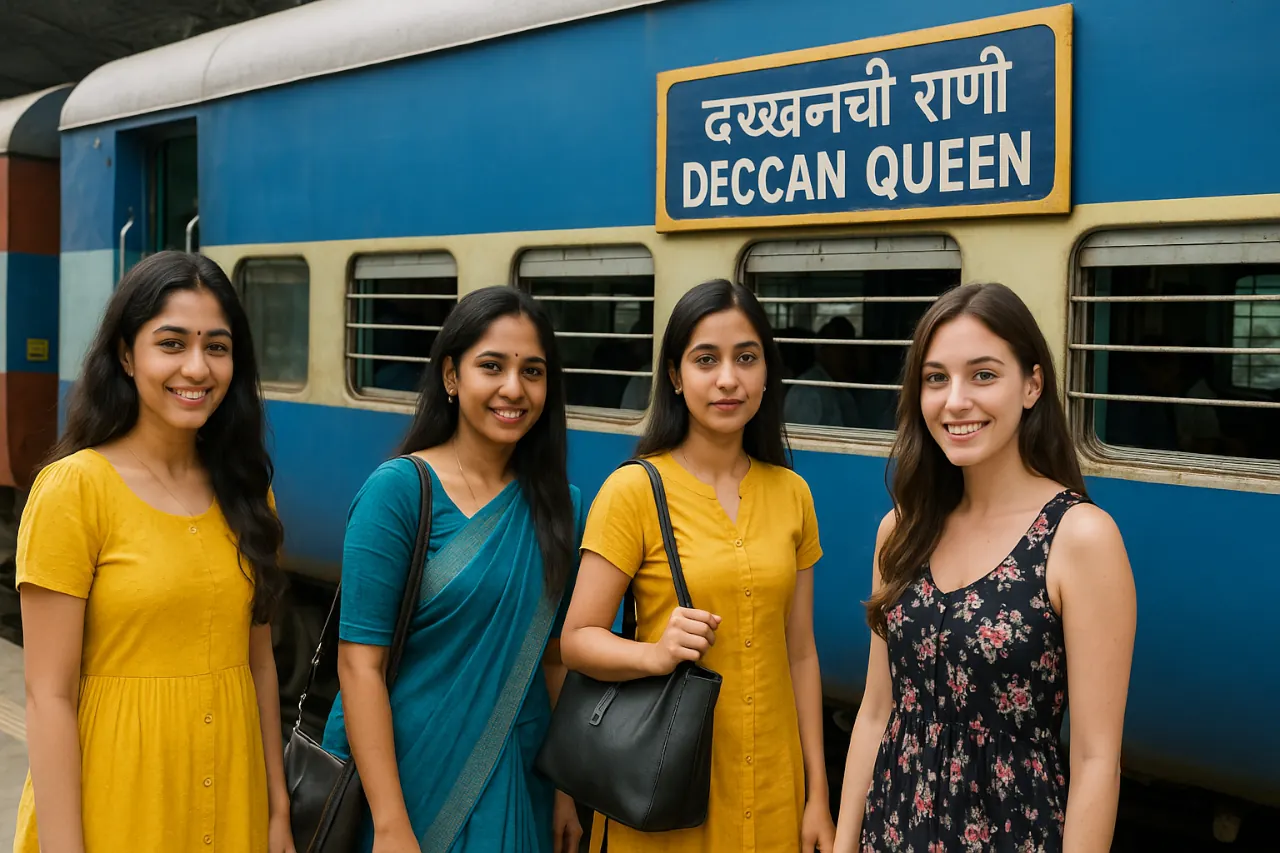Mumbai-Pune Deccan Queen: A Journey Through Time
Ready to experience the Deccan Queen? Book your tickets today and ride a piece of Indian railway history!
🔴 Introduction: The Legacy of the Deccan Queen
The Mumbai-Pune Deccan Queen isn’t just a train; it’s a moving monument of India’s railway heritage. Since its inaugural run on 1 June 1930, this iconic service has connected Maharashtra’s two powerhouse cities, Mumbai and Pune, blending speed, comfort, and history. Known as the “Queen of the Deccan”, it holds the distinction of being India’s first super-fast train, first electric-hauled long-distance service, and the first to feature a dining car and women-only coach.
For decades, the Deccan Queen has been a lifeline for daily commuters, a nostalgic journey for rail enthusiasts, and a window into the Western Ghats’ breathtaking landscapes. Imagine sipping chai in a vintage dining car while rolling past misty hillsides or celebrating the train’s birthday with cakes at Pune Junction – this is the magic of the Deccan Queen.
Also Read
Ganpatipule, Maharashtra: A Divine Coastal Paradise Blending Spirituality, Nature, and Culture
But what makes this train truly special? Let’s unravel its story, from its British-era origins to its modern-day avatar with sleek LHB coaches and WAP-7 locomotives. Whether you’re a history buff, a travel planner, or a curious reader, this guide covers every detail – from its 192 km route to its 3-hour journey time – ensuring you’ll see the Deccan Queen in a whole new light.
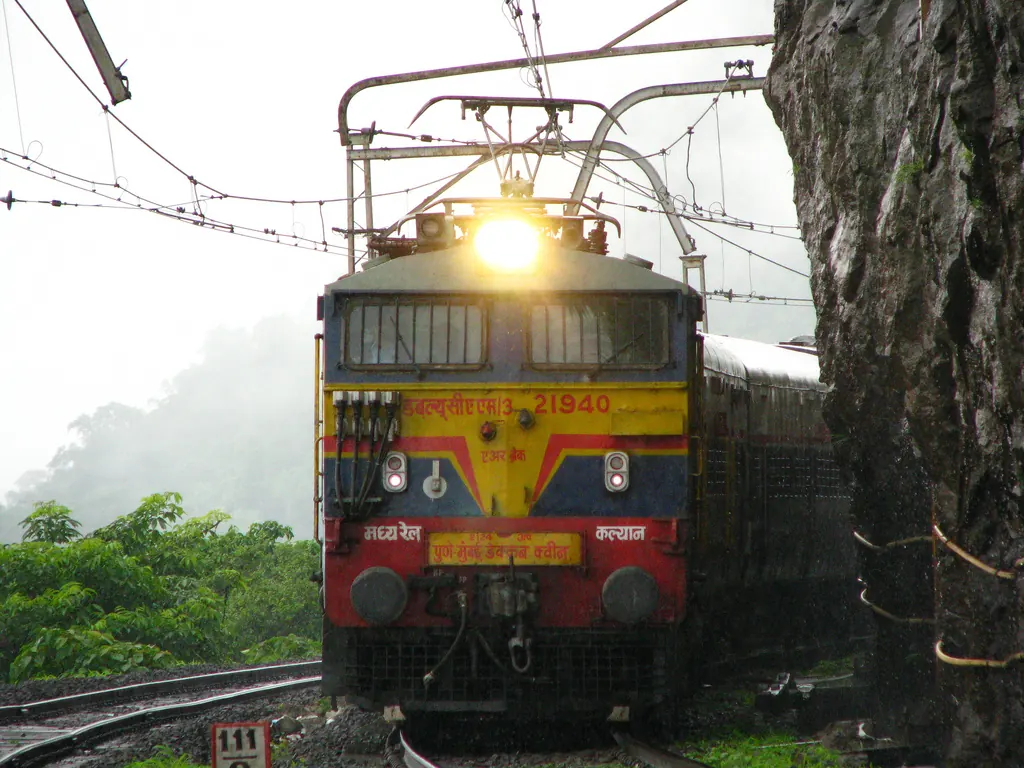
🟢 Detailed History: From Horse Racing to Heritage
🔘 Inauguration & Early Days
The Deccan Queen began as a weekend luxury service for British elites traveling from Bombay (Mumbai) to Pune for horse racing at the Pune Race Course. Its first run on 1 June 1930 featured two rakes of seven coaches each – one silver with scarlet accents, the other royal blue with gold linings. The under-frames were built in England, while coach bodies were assembled at Mumbai’s Matunga Workshop.
Initially, it offered only first and second-class seating, but by 1949, first class was phased out, and third class was introduced in 1955. The 1960s saw a major upgrade with anti-telescopic steel coaches from Chennai’s Integral Coach Factory (ICF), expanding capacity to 12 coaches.
🔘 Modern Transformations
In June 2021, the Deccan Queen received a massive facelift with German-designed LHB coaches under Project Utkrisht. These coaches feature bio-toilets, LED lighting, and a striking green-brown-yellow livery designed to withstand monsoon grime. The train’s dining car, a hallmark since 1930, now boasts ISO certification and modern amenities like microwave ovens – though some passengers reminisce about its “golden era” of in-house catering.
🔘 Technical Specifications
⦿ Railway Zone: Central Railway
⦿ Train Numbers: 12123 (Mumbai → Pune), 12124 (Pune → Mumbai)
⦿ Distance Covered: 192 km (119 miles)
⦿ Average Speed: 60 km/h (37 mph)
⦿ Top Speed: 105 km/h (65 mph)
⦿ Journey Time: 3 hours 10 minutes (approximately)
⦿ Operational Days: Daily

🔘 Route & Halts: A Scenic Odyssey
The Deccan Queen’s route winds through the Western Ghats, offering vistas of waterfalls, tunnels, and lush valleys.
🔘 Key stops include:
| Station | Arrival | Departure | Distance from Origin | Notable Features |
| Mumbai CSMT | ——— | 17:10 | 0 km | UNESCO World Heritage Site |
| Karjat | 18:33 | 18:35 | 100 km | Banker engines attachment for Bhor Ghat ascent |
| Lonavala | 19:18 | 19:20 | 120 km | Famous for Chikki snacks |
| Shivajinagar | 20:09 | 20:10 | 185 km | Pune’s Bustling Suburb |
| Pune Junction | 20:25 | ——— | 192 km | Terminus with Historic Charm |
Note: The Pune → Mumbai route (12124) skips Karjat but stops at Dadar.
🔘 Coaches & Amenities: ICF vs LHB
➨ Original ICF Coaches (Pre-2021)
⦿ Composition: 17 coaches, including AC Chair Car, Second Class, and Ladies Special.
⦿ Features: Basic seating, limited legroom, no bio-toilets.
➨ Current LHB Coaches (Post-2021)
✦ Composition:
⦿ 15 coaches with enhanced capacity
⦿ 4 AC Chair Cars
⦿ 8 Second Class Chair Cars
⦿ 1 Vistadome Coach (Panoramic views)
⦿ 1 AC Dining Car (32 seats)
⦿ 1 Generator Car
✦ Features: Bio-toilets, Braille signage, GPS tracking, and improved suspension.

🔘 Traction & Locomotives
⦿ 1930–1950s: WCP-1/WCP-2 DC engines.
⦿ 1990s–2022: WCAM-3 dual-voltage locomotives.
⦿ 2022–Present: WAP-7 engines with push-pull technology for faster acceleration.
⦿ Banking Locomotives: WAG-5/WAG-7 engines assist on the steep 1:40 gradients of Bhor Ghat.
🔘 Myths & Misconceptions
⦿ “Only for the British”: Initially true, but Indians were allowed post-1943, transforming it into a “commoners’ queen”.
⦿ “Unsafe Due to Protests”: A 2006 arson incident was politically motivated and unrelated to the train’s operations.
⦿ “Slow Service”: Despite suburban delays, it remains the fastest Mumbai-Pune train.
🔘 FAQs
Why is it called the Deccan Queen?
Named after Pune’s nickname, “Queen of the Deccan” (Dakkhan ki Rani).
Can I book meals onboard?
Yes! The dining car serves breakfast, snacks, and meals – try the signature omelette.
Is the Deccan Queen punctual?
elays up to 30 minutes occur in Mumbai due to suburban traffic, but it’s largely reliable.
🔘 Conclusion: More Than Just a Train
The Deccan Queen is a testament to India’s engineering prowess and cultural unity. From ferrying racegoers in the 1930s to hosting daily commuters today, it’s a living chronicle of progress. Whether you’re marvelling at its new LHB coaches or reliving history in its dining car, this journey is a must-do. As Harsha Shinde, a rail enthusiast, puts it: “The Deccan Queen isn’t just a train; it’s family”.
🔘 Sources:
Image Credit
⦿ Wikimedia Commons – 12124 Deccan Queen Express
⦿ Wikimedia Commons – Deccan Queen Express
⦿ Wikimedia Commons – Deccan Queen Indian Railways
For more information, you can visit our website: ExploreXP
Share your Deccan Queen stories with us in the comments – we’d love to hear them from you!
Latest Posts
- Devgad Taluka, Maharashtra – The Golden Jewel of the Konkan Coast
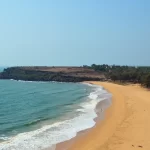
- Shrimant Dagdusheth Halwai Ganpati Mandir – Pune, Maharashtra

- Exploring Sinnar, Nashik District, Maharashtra: Heritage, Industry, and Culture
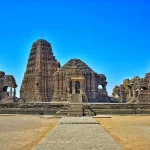
- Kas Plateau Reserved Forest, Maharashtra: A Natural Marvel of Biodiversity and Cultural Heritage
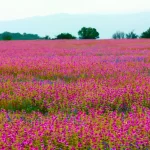
- Exploring Pachora: History, Culture, and Agriculture
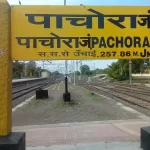
- Chand Minar – A Timeless Jewel of Indo-Islamic Architecture
